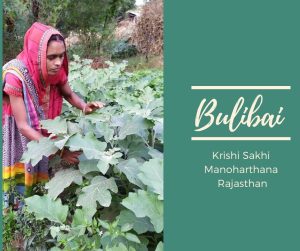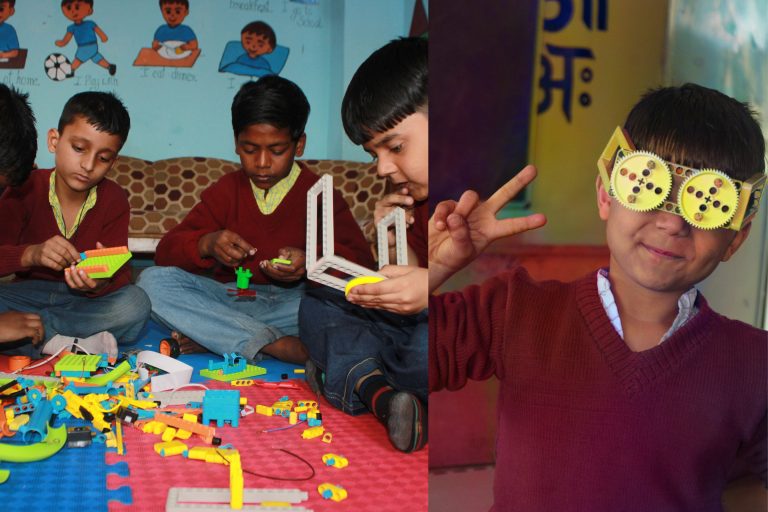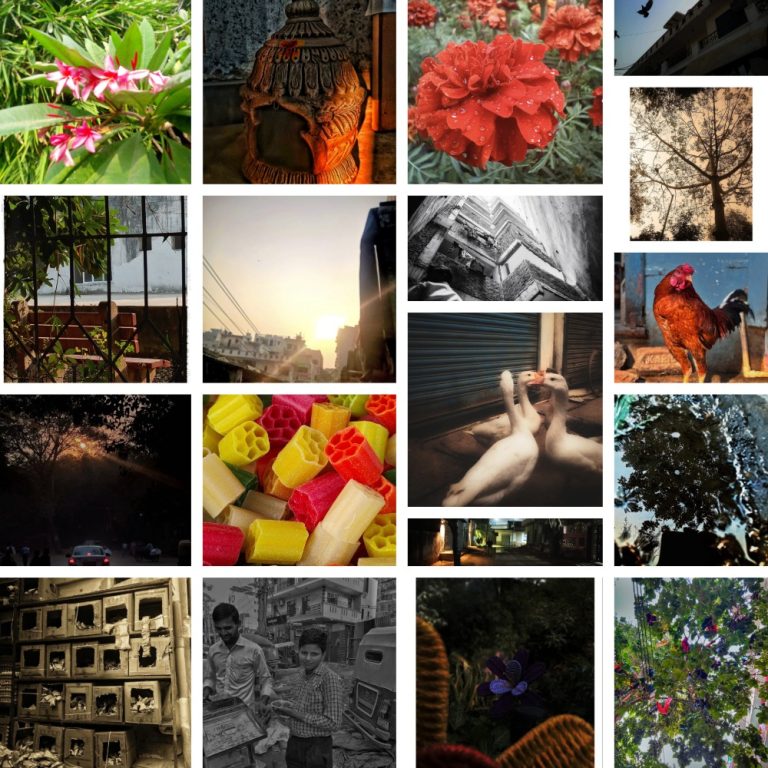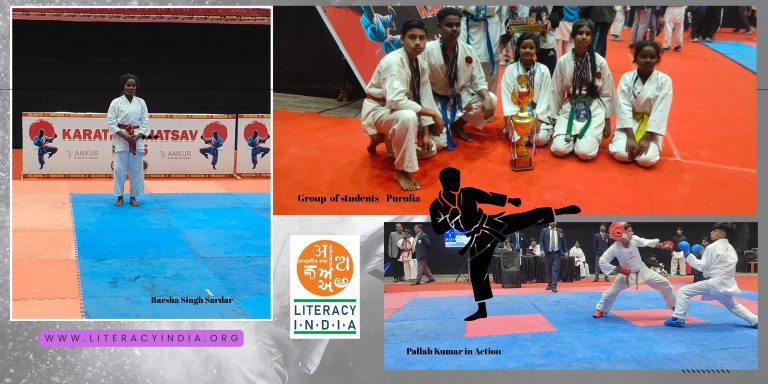Growing Food, a Sustainable Enterprise
Over the centuries, people from the native land have provided a series of ecological and cultural services to humankind. The preservation of traditional forms of farming knowledge and practices help maintain biodiversity, enhance food growth, and protect the country’s natural resources. Literacy India has been working with farmers of West Bengal & Rajasthan with smallholdings and creating groups to strengthen natural and organic farming. Preparation of Organic manure like Panchgavya, Shashya Gavya, organic pesticide, Amrit Jal, Compost tea, waste discomposure had been part of syllabus besides urging them to stay the course. Move from Chemical Fertilizers to the use of traditional farming had been the goal. Drip irrigation, Seed treatment, In-situ composting of crop residues were aggressively pursued. Making Shivansh Manure and Vermi compost proved to beneficial for the soil and for revenue generation. Shivansh Fertilizer/ compost is a cost-free fertilizer that can transform unproductive land into a flourishing farm, enabling farmers to reduce reliance on chemicals and increase profits. Shivansh Fertilizer is made with dry plant materials, fresh grass, crop residues, animal manure—and then using a simple-to-follow layering method to construct a shoulder-high pile. Besides having to tend to the collection every other day, Nature does all the work. After 18 days, the result is a nutrient-rich fertilizer with a high concentration of soil micro organisms. Integrating the manure into a field can bring dead soil back to life within the first planting season. This was learnt to watch Manoj Bhargava on Youtube who pioneered in the making of Shivansh.
Over 400 Farmers benefited and Yielded an excellent income. Literacy India decided on Kitchen Gardens with a group of women from the villages of Rajasthan. In the Year 2017, we started with 15 odd women from one community, and now we have close to 106 women from seven villages. They grew organic vegetables in multiple layers in the Green Houses. They were Garlic, Brinjal, Potatoes, Tomatoes, Onion, Spinach and many other vegetables. The practice of crop rotation and poly culture helped them with better soil structure. It increased the ability to store carbon on farms. Two or more agricultural crops were strategically selected for inter cropping with fruit trees providing a diverse range of nutritional food to local communities.The yield started with 0.45 tons and increased to 6.2 ton in a year for these women. Along with productivity came happiness for the women leading complete attitude change while the group decided to inspire more women from neighboring villages.

Bulibai’s husband is a farmer in Village Jatawa, Tehsil Manoharthan, Rajasthan. He cultivates on his 5-6 acre of land. About a year ago, he attended Literacy India Organic Agriculture Meeting. Along came his wife Bulibai to learn more about farming. Krishi Sakhi program was organized for women Farmers, Bulibai attended this program. She was motivated to learn and implement kitchen gardening concepts, organic farming and non-chemical based products to safeguard the crops. As part of the program, seeds were provided to her. Soon, she started growing vegetables aligned with her learning. She saved a lot of money by not buying any chemical fertilizer. In no time, Bulibai began generating revenue with her Kitchen Garden and engaged with her husband in organic farming as well. Like Bulibai, many other stories of such Farmers are in the making who believe this to be a sustainable enterprise.




